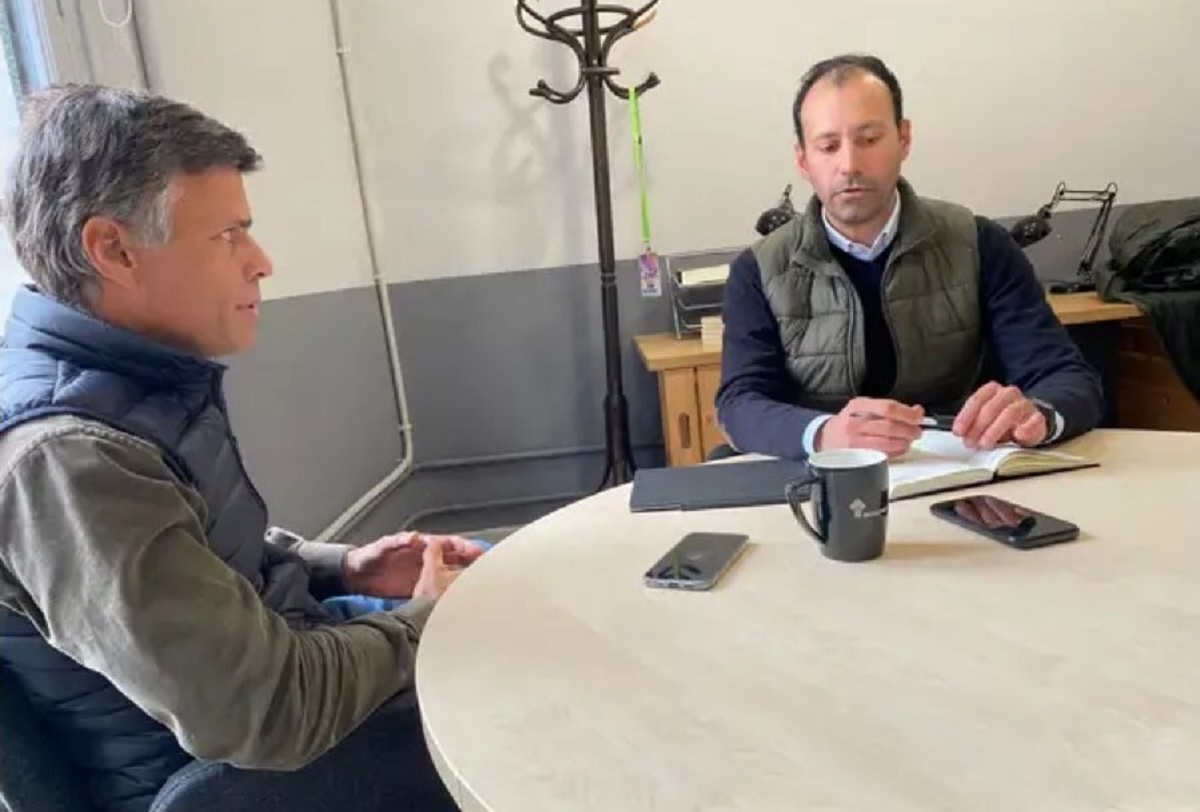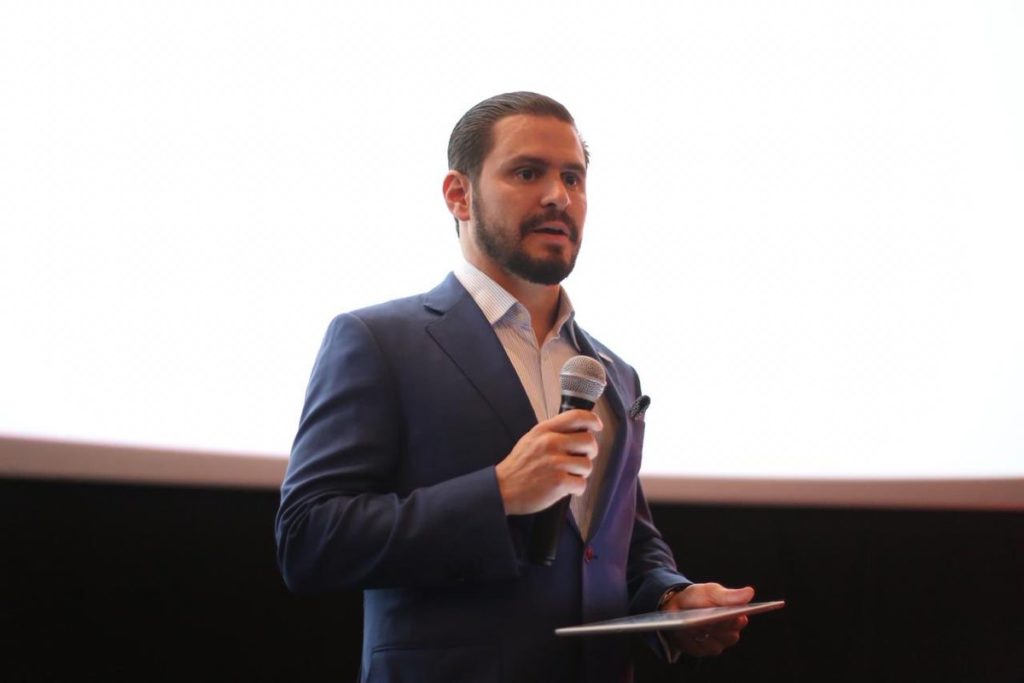A drug trafficking report conducted by the United Nations Development Program (UNDP) highlights the need for Uruguay to act as soon as possible against the illegal drug market, since its authors warn that the reality will worsen if measures are not taken in time.
“It is not the same to act today as in five years, due to a matter of market maturation,” Juan Bogliaccini, one of the report’s researchers, said during a presentation for journalists. Crime and drug trafficking: an exploratory analysis of the Uruguay casewhich is part of the UNDP publications Ideas for pop-up agendas.
The study, carried out by Bogliaccini, Carlos Díaz, Rosario Queirolo and Emiliano Tealde from the Department of Social Sciences of the Catholic University of Uruguay, describes the phenomenon in Uruguay and gives a series of recommendations on public policies necessary to combat it.
“If one looks at our neighbors (…) there is no element to understand that Uruguay is going to be different. We have to use that as a comparative advantage to mature some policies and some agreements quickly that allow us to take that advantage to the field,” added Bogliaccini.
The report warns that the panorama in Uruguay when dealing with organized crime “is not encouraging”, and that there is “a strengthening of the drug market”, both internally and in transit, which brings with it several problems.
He highlights, for example, the drop in crime helped by the covid-19 pandemic and points out that although “there may have been changes in security policy that have coincided” with that phenomenon, there is a risk that governments see these results as definitive, when in reality the structural factors of drug trafficking remain and, therefore, everything indicates that this decline is only temporary.
The latest data presented in April by the Ministry of the Interior already showed, in fact, an increase in homicides. From January to March they rose 33.3% when compared to the same period in 2021.
Another problem that the study evidences from international bibliography is what happens once the police intervene with a blow to the illegal market: the business goes through a crisis and is restructured, which has repercussions in an increase in robberies, homicides, or even in a displacement of crimes. “In general, the ones with the greatest organizational capacity are the ones that prosper after the intervention passes, and gain power and sophistication, thereby reaching a new level of violence.”
Drug seizure, 2019.
Women and the role of the LUC
The academics question Article 74, which came into effect with the Law of Urgent Consideration and which increased the penalties for micro-trafficking crimes, which are now from four to 15 years and which became non-release. The report warns that this measure affects more women than men. They tend to be “the weakest link in the trafficking chains”: those who try to bring drugs into prisons during visits or those who take care of their children in their homes while maintaining activities in the illegal business. The fact that there are more women imprisoned for micro-trafficking means that there are also more children under four years of age living in prisons (this is the maximum age they can have to be with their mothers in detention centers) and at the same time there are more older children of that age who grow up without their mothers. Therefore, according to the authors, this article has a negative impact on children as well. This situation had already been warned by the parliamentary commissioner for prisons, Juan Miguel Petit, in his report released in May.
“For this reason, the revision of article 74 of the LUC and the search for alternative measures to prison for micro-trafficking sentences are crucial,” the researchers point out in the document.
Message to Heber
The report also raises how damaging it is that the authorities maintain the story that homicides associated with drug trafficking are inevitable, and warns that this strategy “blames the victim and legitimizes the modus operandi of the activity.”
The authors also argue that the fact of reinforcing the message that crimes linked to drug trafficking (for example, when it comes to settling scores) are an isolated problem and far removed from society prevents finding solutions to underlying problems and gives a “false sense of security” that “drug trafficking is a problem in which only those who want to participate participate”, so “those who do not get involved have no reason to fear”. The problem actually affects the whole society.
The Ministry of the Interior, both in the Frente Amplio administrations and in the current one, has hidden behind the impossibility of preventing settling scores as a problem that goes beyond security policy. In October of last year, Heber spoke at a press conference after a double homicide in the Las Acacias neighborhood. “In the prevention that the police do it is really impossible to foresee that tomorrow there will be a problem of reckoning between gangsLet these things happen that shoot with automatic weapons and shoot down boys from other gangs,” he said at the time.
“There is no free lunch”
On behalf of the four researchers, during the presentation Bogliaccini emphasized that it is a multi-causal problem and that there is not going to be a policy that is going to arrive to solve the whole problem. “There is no free lunch”, he illustrated, emphasizing that it is practically impossible to control the trilemma of violence, corruption and illegality at the same time. In that sense, he spoke of making a shield in some of the aspects to “advance little by little”.
and warned that when drug trafficking reaches deeper levels in the State, it leads to greater conflict and at that moment “it is difficult to go back”, for which he asked the political class to make an effort to find long-term strategies that include a greater exchange with the academy to achieve substantive solutions.
The debate over legalizing other drugs
One of the conclusions reached by the researchers is that the discussion about the potential legalization of other drugs beyond marijuana is absent from the public agenda. “Uruguay suffers from the problem of violence resulting from drug trafficking because it is a transit country for drugs that come from producing countries in Latin America and go to high-consumption countries in North America and Europe. Therefore, legalizing internal drug use could discourage the existence of drug trafficking,” says the text.
And he gives as an example the legalization of marijuana, which had as its objective to deal a blow to drug trafficking. The academics describe that it was a “very ambitious” objective and that, in order to really have an impact on the drug market, “the legalization of drugs with a higher market value should be considered”, although taking into account the impact that this may have in other areas, such as public health.







